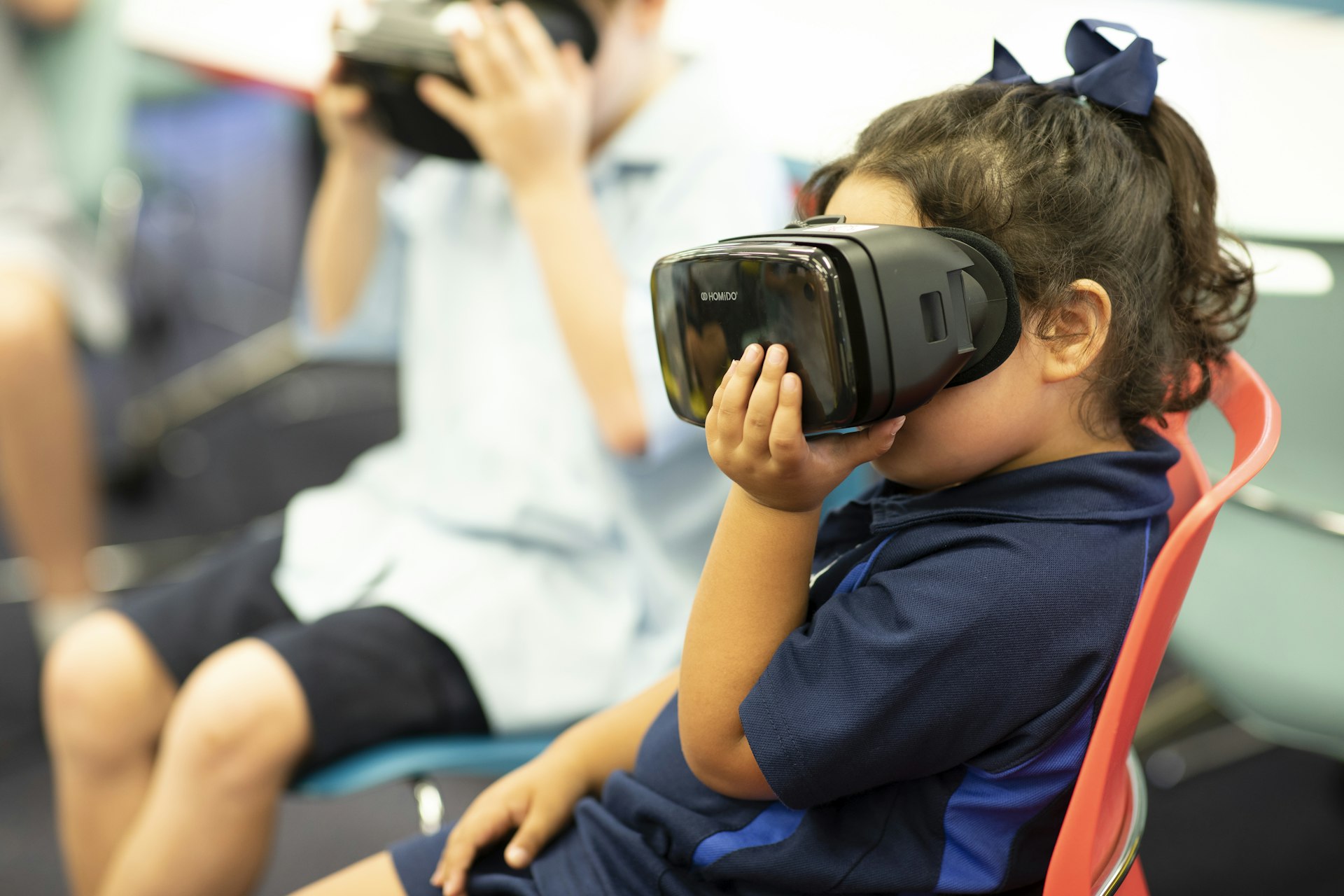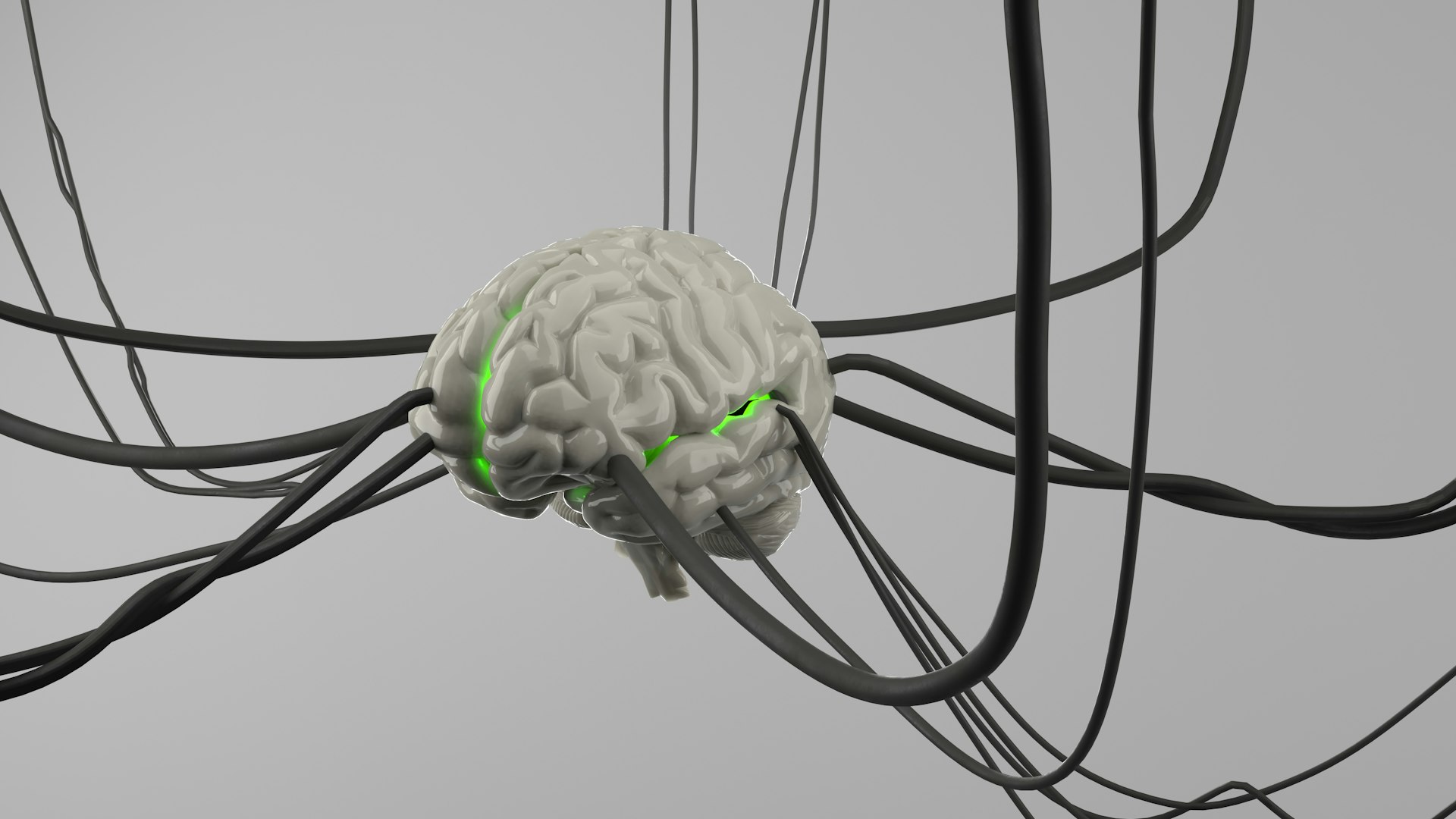Fair Matchmaking in Online Games: Elevating Play, Community, and Retention

Photo by Alexander Jawfox on Unsplash
Introduction: The Crucial Role of Fair Matchmaking in Online Gaming
In the fast-evolving world of online multiplayer games, the experience of every player hinges on the fairness of matchmaking systems. Whether you are a casual gamer seeking fun or a competitive player aiming to climb the ranks, balanced matchmaking is essential to sustaining enjoyment, promoting growth, and building vibrant communities. Fair matchmaking directly impacts player satisfaction, game longevity, and even the reputation and business success of gaming companies. [1]
What Is Fair Matchmaking and How Does It Work?
Fair matchmaking is a system designed to pair players of similar skill levels, experience, and preferences in online games. Most modern systems use data-driven algorithms that analyze a player’s performance, history, and sometimes even geographical location to ensure matches are as balanced as possible. This approach minimizes the likelihood of one-sided games, ensuring that every participant has a meaningful and competitive experience. [1] For instance, skill-based matchmaking (SBMM) is a widely adopted method where players are matched according to their in-game achievements and proficiency rather than random assignment. [5]
Why Fair Matchmaking Is Vital for Player Enjoyment
The primary benefit of fair matchmaking is its ability to create engaging and enjoyable gameplay for all skill levels. When matches are balanced, players face challenges that are neither insurmountable nor trivial, maintaining motivation and satisfaction. This balance fosters an environment where both victories and defeats feel deserved, encouraging players to continue improving rather than quitting out of frustration. [3]
For example, new players who are matched against similarly inexperienced opponents are more likely to learn game mechanics and develop their skills. Conversely, veteran players continue to feel challenged and rewarded as they progress. This dynamic not only enhances individual enjoyment but also supports player retention over time. [4]

Photo by Sérgio André on Unsplash
Impact on Community Building and Player Retention
Effective matchmaking systems contribute to stronger online gaming communities . By connecting players with similar interests and skill levels, matchmaking fosters camaraderie, teamwork, and healthy competition. These shared positive experiences often lead to long-lasting friendships, recurring teams, and even the formation of dedicated fanbases. [4]
Additionally, fair matchmaking reduces the frustration associated with unbalanced games, which can otherwise result in players abandoning the title prematurely. According to industry analyses, games that provide consistent, fair competition enjoy higher player retention rates and greater long-term engagement. [1]
Business Benefits for Game Developers and Publishers
Game developers and publishers stand to gain significantly from implementing robust matchmaking systems. Fair matchmaking not only boosts player engagement and satisfaction but also drives positive user reviews , organic word-of-mouth marketing, and increased monetization opportunities. Happy players are more likely to purchase in-game content, recommend the game to friends, and participate in competitive events or e-sports tournaments. [1]
Companies can leverage analytics from matchmaking systems to further refine their games, address pain points, and introduce new features that cater to evolving player demands. This cyclical process ensures a competitive edge in the market and helps sustain the game’s popularity over time. [3]
How to Implement and Access Fair Matchmaking Systems
For players, accessing fair matchmaking typically requires no additional effort beyond participating in online modes supported by the game. However, to maximize the benefits:
- Ensure your game account is complete with accurate profile information and preferences. This helps the matchmaking algorithm place you in appropriate matches.
- Provide feedback through official game forums or support channels if you encounter repeated imbalances. Many companies actively monitor player feedback to enhance their systems. [4]
- Participate in ranked or skill-based modes when available, as these are more likely to use advanced matchmaking algorithms.
For developers and organizations, implementing fair matchmaking involves several key steps:
- Analyze player data to identify skill indicators and behavioral trends.
- Develop or license matchmaking algorithms that consider skill, latency, and player preferences. [1]
- Continuously monitor the system’s effectiveness and adjust parameters based on analytics and player reports.
- Communicate transparently with the community about how matchmaking works and how player feedback is incorporated.
If you are a parent seeking safer, fairer game environments for your child, consider using parental control tools and monitoring software that provide insights into your child’s gaming experience. Many reputable organizations and consumer advocacy groups offer resources and guides for parents interested in online game safety. For specific recommendations, you can search for “parental controls for online games” or consult your platform’s official help center. [5]
Challenges and Alternative Approaches
While fair matchmaking has clear advantages, it is not without challenges. Some players may experience longer wait times as the system searches for optimal opponents. There can also be issues with “smurfing” (skilled players using new accounts to face less experienced opponents) or with players intentionally dropping their skills to be matched with weaker opponents. To address these challenges:
- Game developers may introduce penalties for disruptive behavior or implement stricter account verification processes.
- Some games use hybrid systems, allowing players to choose between casual and ranked matches depending on their preference for fairness versus speed.
- Regular updates and community engagement help identify and resolve emerging problems, maintaining a healthy competitive environment. [3]
Case Study: The Impact of Skill-Based Matchmaking
Consider the evolution of competitive titles like “Overwatch” or “League of Legends,” which use advanced matchmaking algorithms to group players of similar ability. These systems are credited with boosting player retention, supporting the growth of e-sports ecosystems, and enabling more positive gaming experiences. When skill-based matchmaking is effective, even close losses feel rewarding and motivate players to improve. Conversely, when systems fail or are absent, widespread dissatisfaction can lead to negative publicity and declining player bases. [1]
Summary and Key Takeaways
Fair matchmaking is foundational to modern online gaming. It enhances enjoyment, supports community building, and drives the commercial success of games. For companies, it is a strategic investment in player satisfaction and long-term retention. For players, it offers a more rewarding, less frustrating experience that encourages ongoing participation and personal growth within gaming communities. By understanding, supporting, and advocating for fair matchmaking, all stakeholders contribute to a healthier, more positive online gaming environment.
References
- [1] Lark Suite (2023). Player Matchmaking – Definition and Importance.
- [2] Vthink (2023). Understanding the Significance of Matchmaking in Gaming.
- [3] Naavik (2023). A Primer on Great Online Matchmaking.
- [4] AccelByte (2022). Fair & Positive Gaming Interaction and Multiplayer Matchmaking.
- [5] Kidas (2024). What Is Skill Based Matchmaking?
MORE FROM findworkpro.com













